Remote Access
SurePassID keeps your remote access secure with Multi-Factor Authentication.
Enhanced Security
Improved Compliance with Regulations
Reduced Risk of Phishing Attacks
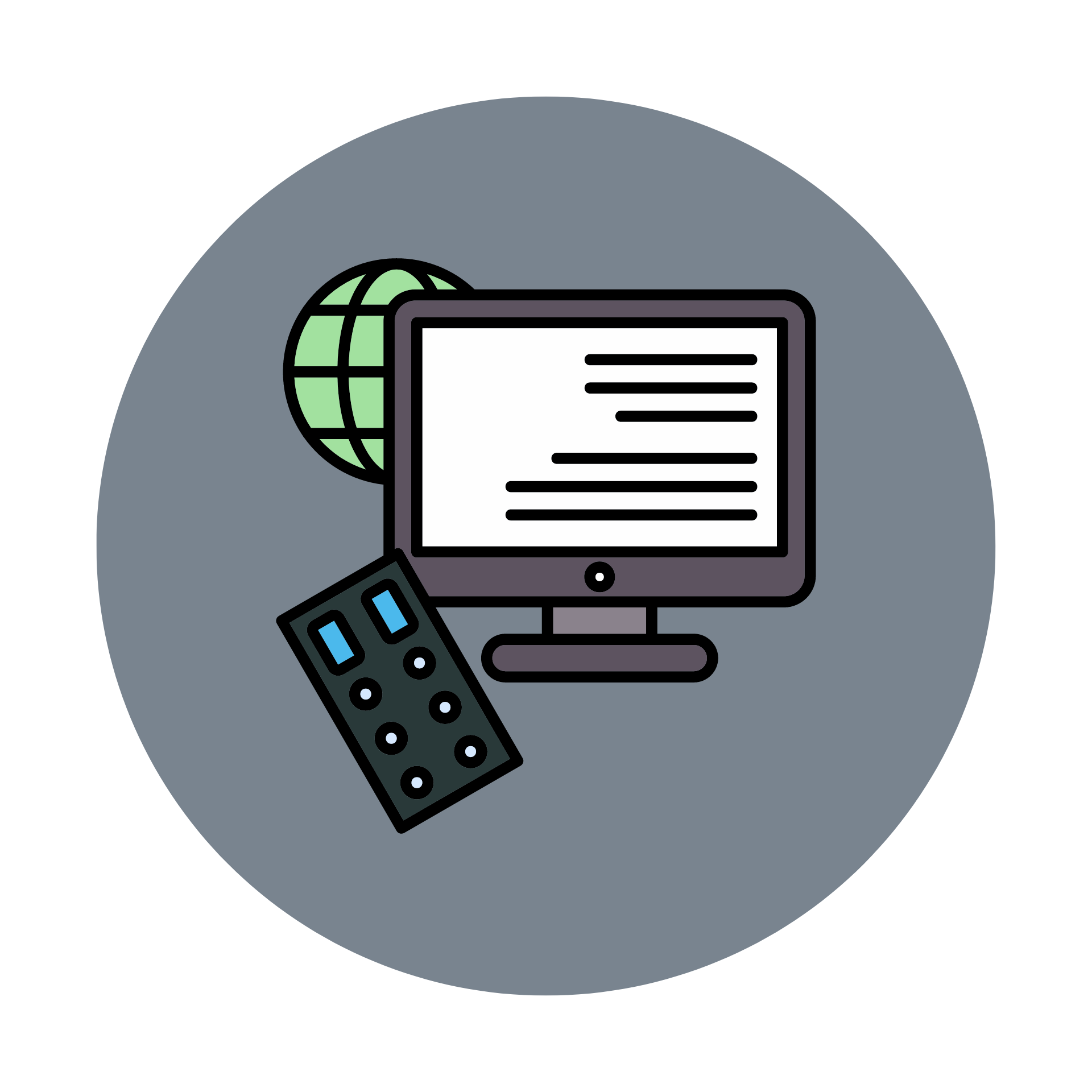
SurePassID Universal Server takes the pain out of MFA for remote access
Implementing Multi-Factor Authentication (MFA) for remote access is an important security measure that can help protect businesses from malicious hacks, data breaches and other cyber threats. By providing an additional layer of authentication beyond just passwords, MFA requires users to provide two or more pieces of evidence each time they attempt to log in, making it much more difficult for malicious actors to gain entry
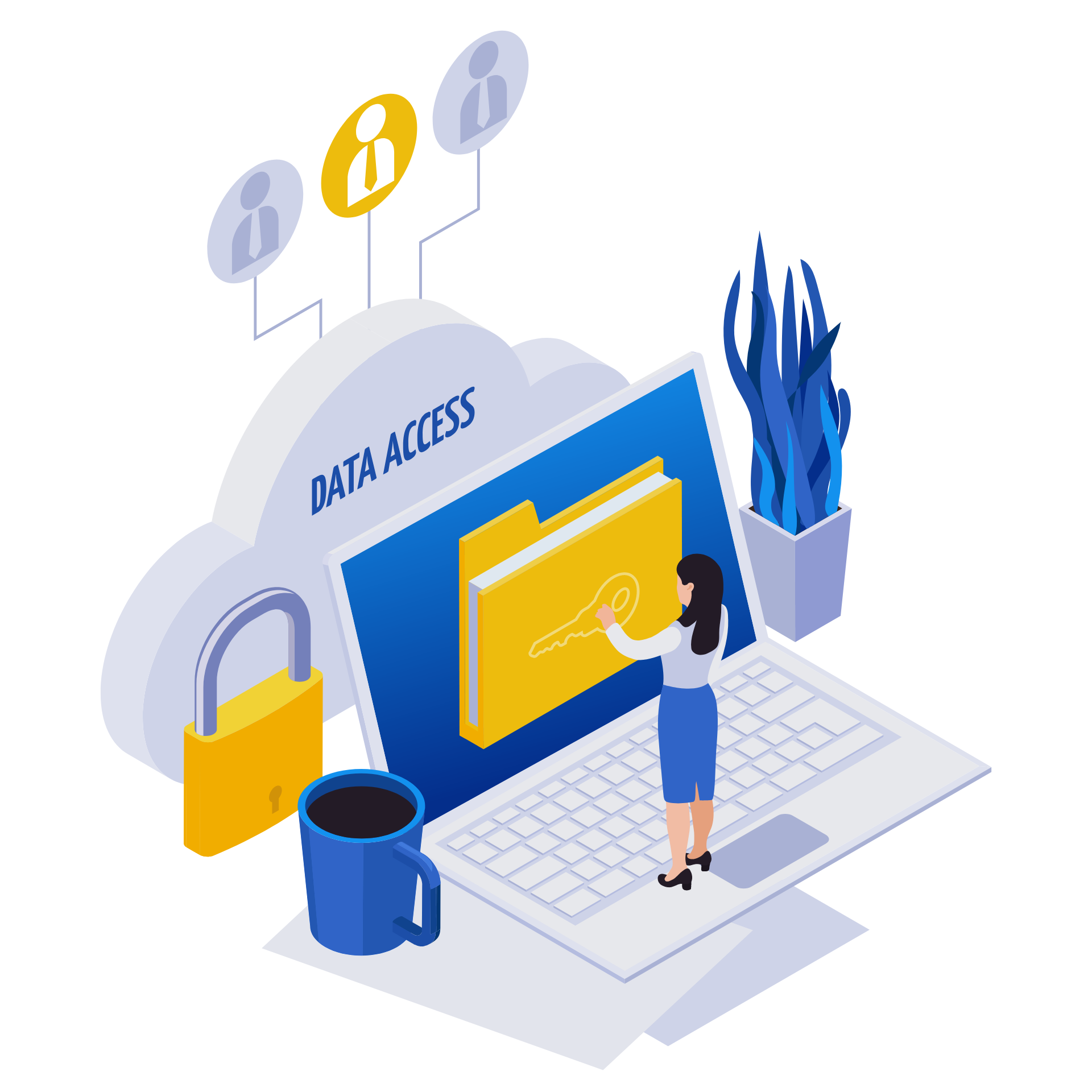
The key benefits of using MFA for remote access include:
Enhanced Security
As mentioned above, businesses can ensure their networks and sensitive data remain secure from outside threats by adding an extra layer of authentication with MFA. This reduces the risk of data breaches and malicious hacking activities.
Reduced Risk of Phishing Attacks
The addition of a second factor of authentication makes it significantly harder for attackers to use phishing tactics to obtain login credentials. This ensures that even if they do manage to get hold of a user’s password, they won’t be able to gain access without the second factor being verified.
Improved Compliance with Regulations
For certain industries such as healthcare and finance, MFA is required by law. Having a secure MFA system in place helps companies comply with these regulations while protecting their networks from unauthorized access.
Improved User Experience
By implementing MFA for remote access sessions, businesses can provide enhanced flexibility and convenience for their users as they don’t have to manually input additional information each time they need to authenticate themselves. This streamlined approach enhances user experience while helping them stay more productive and efficient.
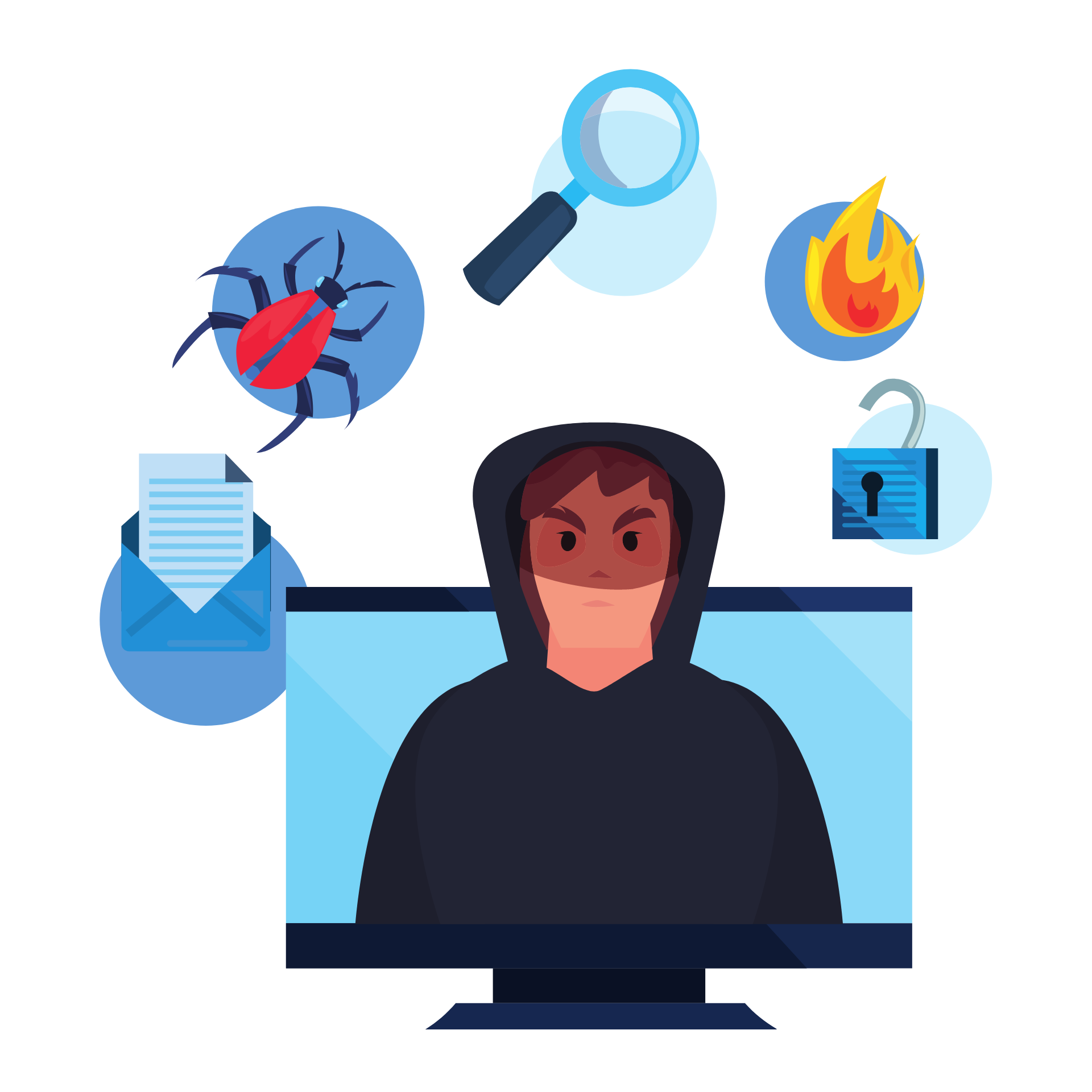
The risks of failing to implement MFA for remote access
Failing to implement Multi-Factor Authentication (MFA) for remote access poses a significant risk to businesses, as it leaves their sensitive data vulnerable to malicious actors. Without MFA, an attacker can gain access to an organization’s network with a single username and password, putting confidential information at risk of theft or manipulation. This can lead to serious financial and reputational damage for the business, leaving them open for costly data breach lawsuits and penalties.
Moreover, not having an MFA system in place means that companies are unable to comply with security regulations that require this type of authentication for certain industries such as finance and healthcare. Not following these regulations can result in hefty fines and other legal actions that could otherwise be avoided if the proper security measures were in place.
In addition, not using MFA also makes businesses more vulnerable to phishing attacks as attackers only need one set of credentials to gain entry. By implementing MFA, companies can significantly reduce the risk of these types of attacks by making it much harder for malicious actors to obtain login credentials without the second factor being verified.
Overall, businesses should consider installing MFA on all their remote access services in order to protect their networks from unauthorised access and ensure compliance with industry regulations.
SurePassID provides solutions that no other MFA vendor can

Private clouds
SurePassID secures Personally Identifiable Information (PII) wherever it lives – including in on-prem data centers or hosted private clouds.
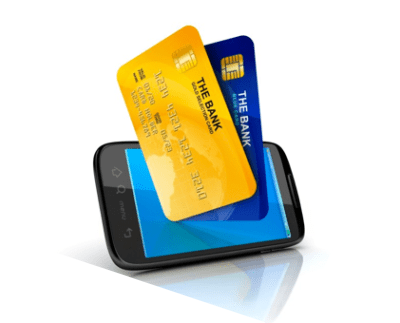
Password elimination
SurePassID TapID® is a passwordless, phishing-proof MFA solution that turns any payment card into an dual interface FIDO2 authenticator.
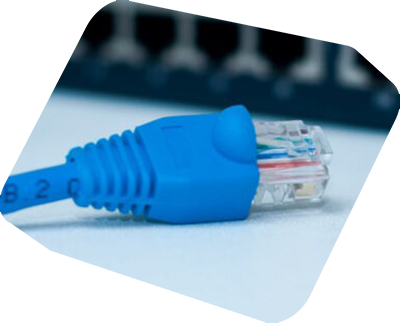
Air-gapped networks
Why expose your most important data and applications? SurePassID eliminates the dangers of public cloud-based authentication.
Frequently asked questions about SurePassID
What are SurePassID's deployment modes?
- Software-as-a-Service (SaaS Public, SaaS Private)
- Windows Installer Package (Microsoft Windows Server 2012-2022, any edition, and Microsoft Windows 8-11)
- Virtual Machine (Microsoft Hyper-V)
- Container Image (Docker/Kubernetes, Microsoft ACI, Amazon ECS)
- Embedded (Windows 7 or later, Linux OpenEmbedded for 32/64-bit ARM/PPC/MIPS/x86)
- Secure Element (NXP EdgeLock SE050/SE051, NXP A71CH/A71CL/A1006)
How long does it take to deploy SurePassID?
Cloud deployments can occur same day.
On-premise and air-gapped deployments will vary depending on the complexity of your requirements.
Regardless, our Customer Success team will be with you every step of the way.
Can SurePassID integrate with my IAM solution?
As a SAML 2.0 IdP, SurePassID easily and seamlessly adds MFA to any existing IAM solution, such as Okta or Ping Identity.
SurePassID also integrates with Third-Party directory services, such as Workday, Oracle, and SAP.
We even integrate with legacy SCADA systems that have built-in user directories.
What makes SurePassID better than other MFA solutions?
- Unmatched on-premise and air-gapped capabilities
- Outstanding technical support
- Unbeatable value
How secure is SurePassID?
SurePassID is the most hardened MFA solution on the market. We never stop innovating to protect our customers from evolving cyberthreats.
- USA company
- Secure SBOM (Software Bill of Materials)
- Secure user and token provisioning (QR code to one-time-use provisioning page)
- Comprehensive logging and audit trail
- FIPS 140 mode
- AES 256 encryption for data at rest
- SHA 256 or SHA 512 encryption for data in iransit
- And much more...
How much does SurePassID cost?
Visit https://www.surepassid.com/pricing for a complete guide to SurePassID Authentication Server pricing and features.

How can we help you?
Talk to one of our MFA experts about your unique requirements. Or request a demo and see how easy it is to secure your universe of apps with SurePassID Authentication Server.